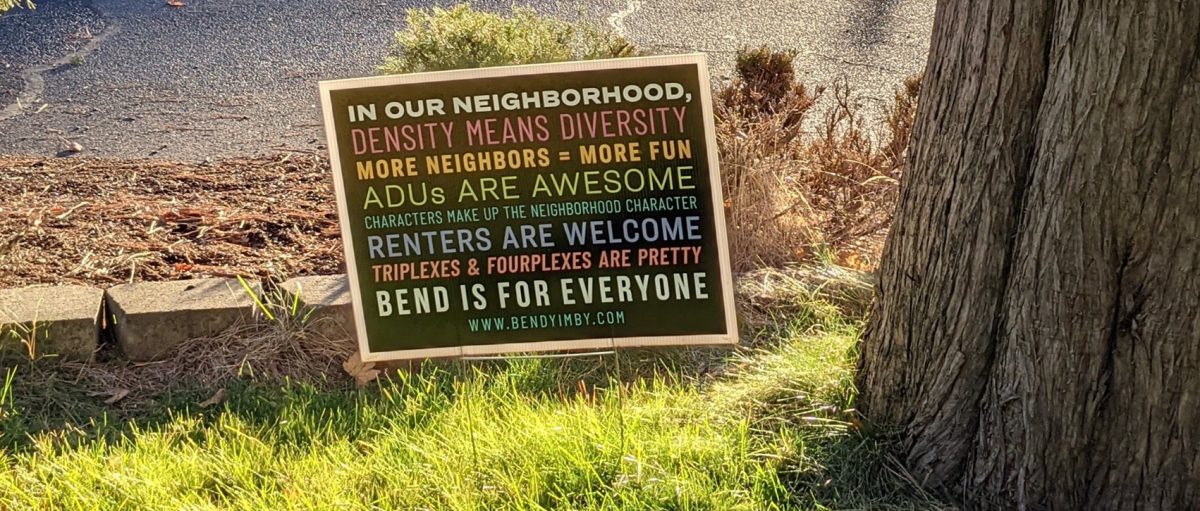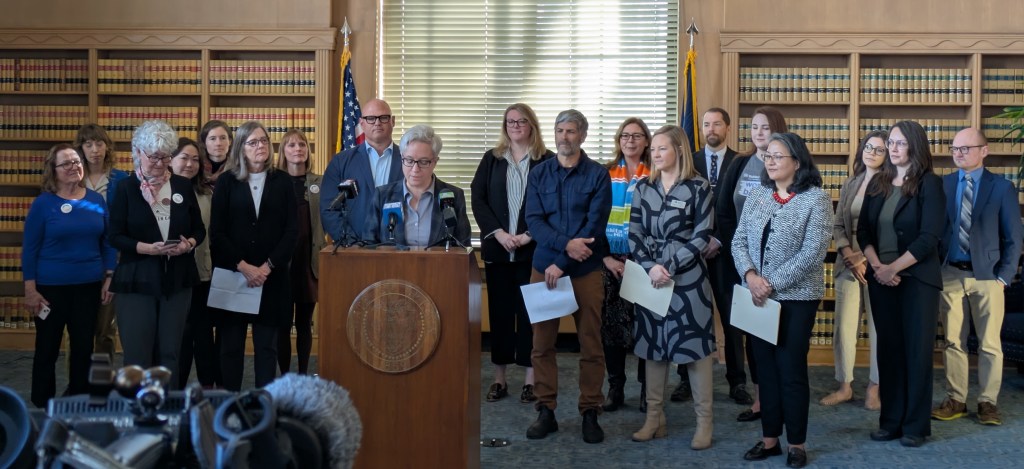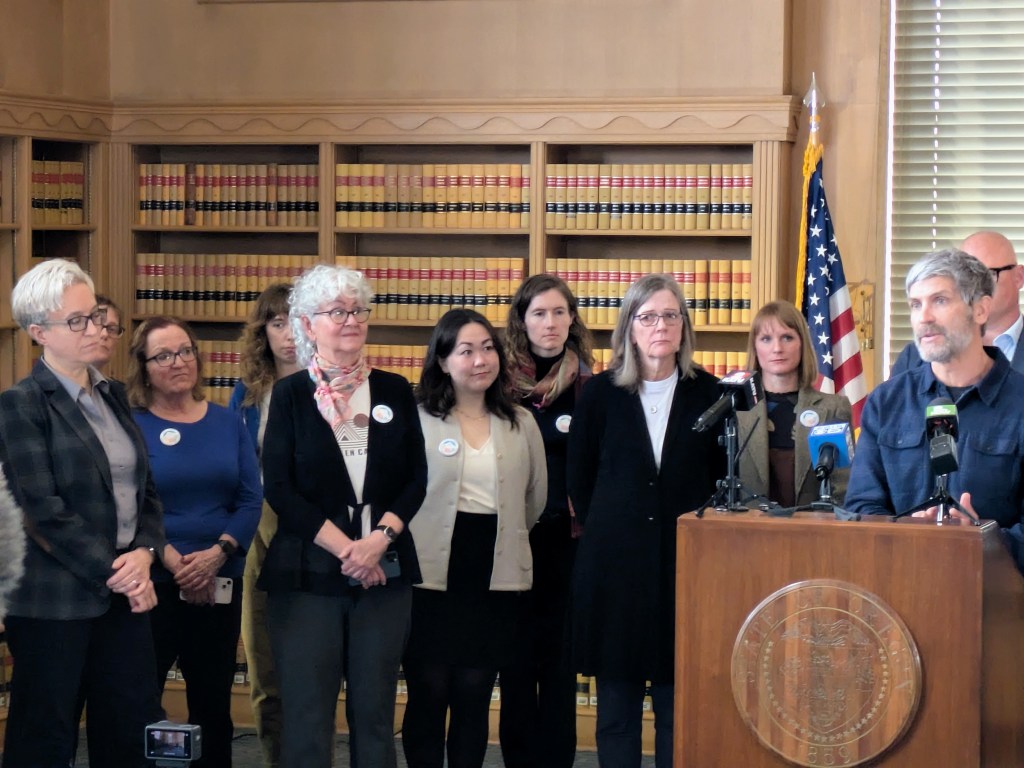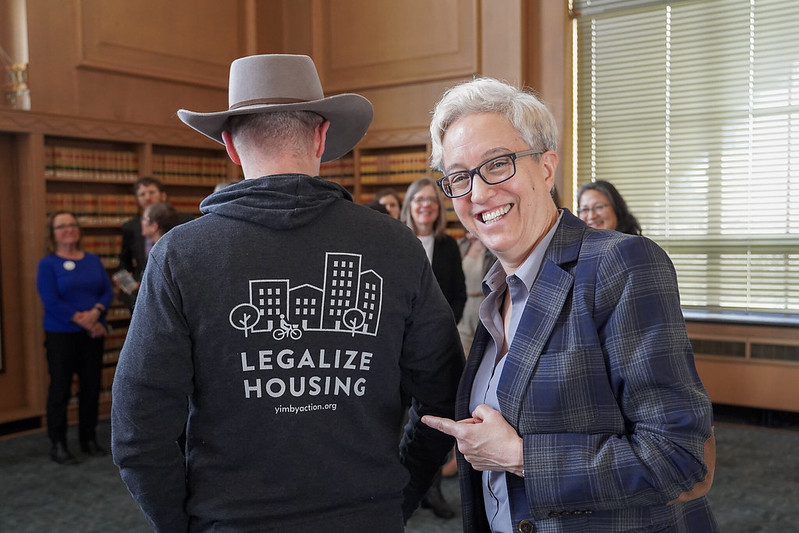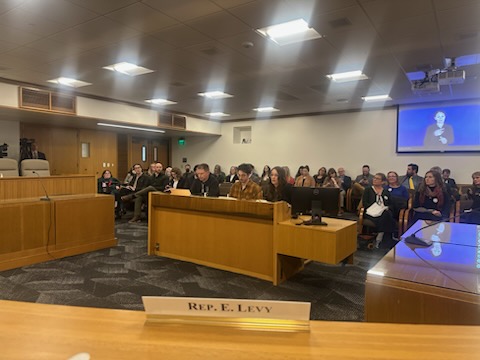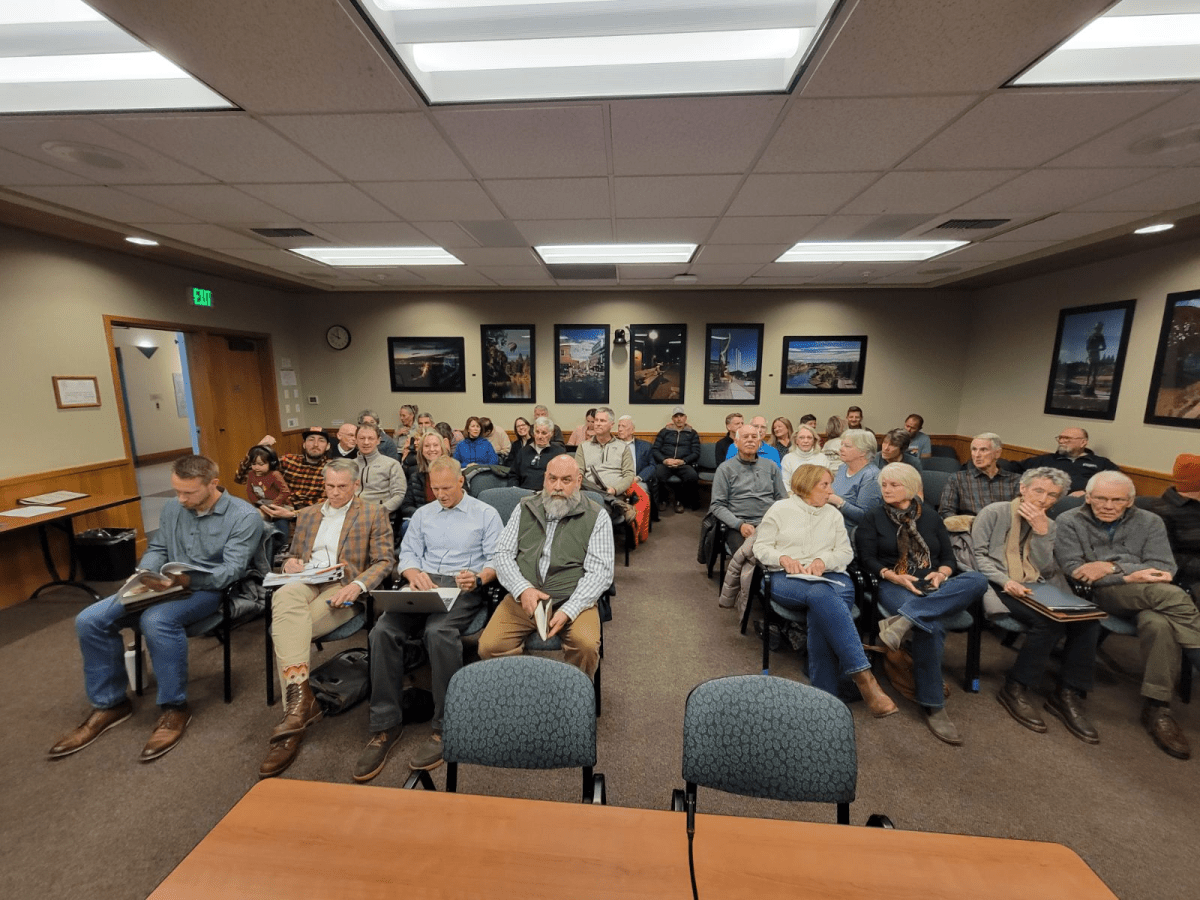Bend – if you hadn’t noticed – is in the middle of a housing crisis!
Vacancy rates are really low: even if you have the money to rent a place, it can be difficult finding something that’s open.
And for a lot of people, it can be tough to find a place they can afford, either to rent, or as a first home to purchase. Even if you have a home already, there are good reasons to be concerned about this: could your kids afford to live here if they wanted? How about people like nurses, firefighters, police and teachers, to say nothing of all those who work in jobs that pay even less.
According to a local survey of people experiencing homelessness, economic factors are one of the top reasons people become homeless: the rent is too high for many.
Bend YIMBY is one of many YIMBY – “Yes In My Back Yard” – groups springing up around the country, in places that have housing problems. We are pro-housing, in order to keep prices under control.
What we need is more housing supply to match the demand. But that doesn’t just mean lots of tract housing on the east side, with cul-de-sacs and arterial roads that no one wants to walk along. It means more options throughout town. Apartments, townhouses, duplexes, triplexes, and yes, of course, single family homes too.
We used to build a wider variety of options than we do now. For instance, the O’Kane building (1918) originally had ground floor retail, some office space, and living quarters upstairs.
Not far away are the Broadway apartments, also around 100 years old:
What we do:
- People: we work to elect people who understand the housing abundance agenda.
- Policies: we work to get policies in place that make it easier to build housing of all shapes and sizes.
- Projects: we advocate for projects that meet certain criteria and add more dwelling units (aka “homes”) to the supply of housing in Bend.
- Education: we talk with people about how important housing is. Everyone needs a place to live, and when they struggle to find one, it has impacts on not just them, but the economy, the environment, and our entire community in various ways.
We realize that Bend alone can’t solve the housing crisis, so we are now part of a nationwide YIMBY organization: https://yimbyaction.org/
If you’d like to join us, sign up for our Facebook group: https://www.facebook.com/groups/BendYIMBY or our announcement mailing list.
